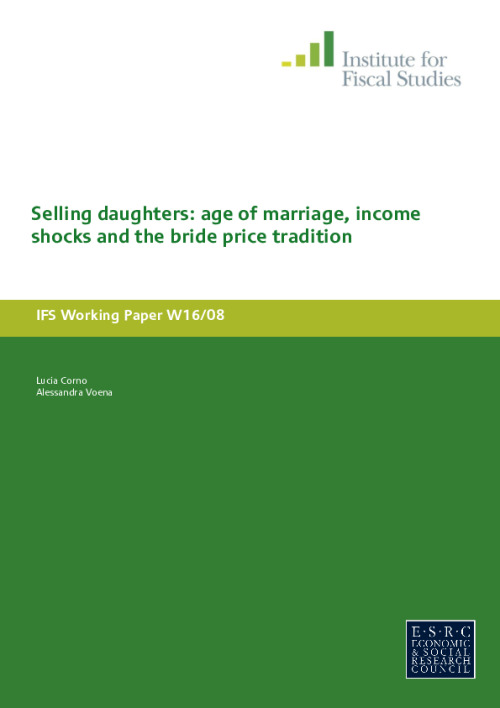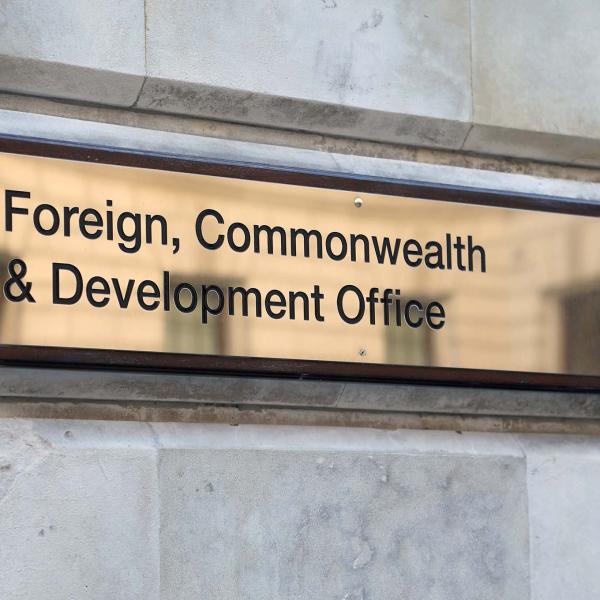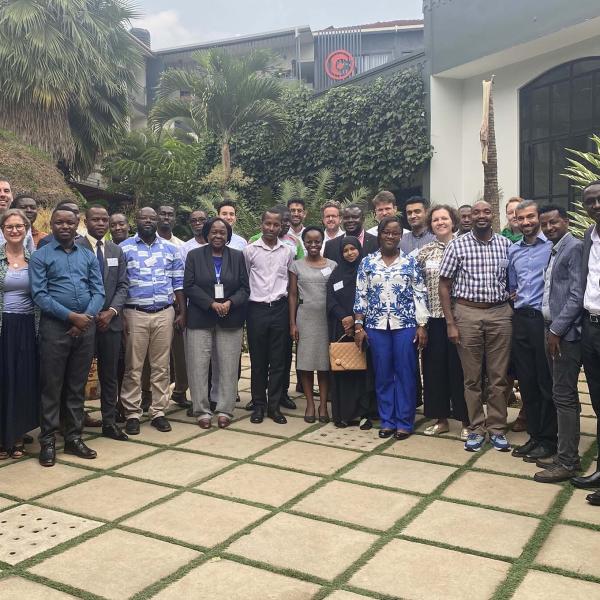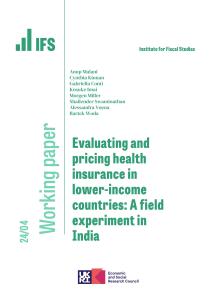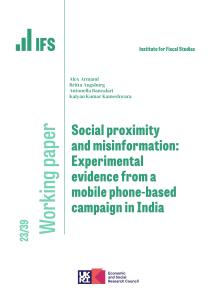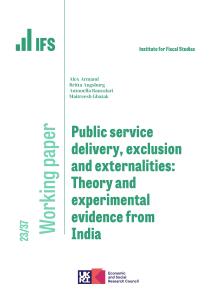When markets are incomplete, cultural norms may play an important role in shaping economic behavior. In this paper, we explore whether income shocks increase the probability of child marriages in societies that engage in bride price payments – transfers from the groom to the bride’s parents at marriage. We develop a simple model in which households are exposed to income volatility and have no access to credit markets. If a daughter marries, the household obtains a bride price and has fewer members to support. In this framework, girls have a higher probability of marrying early when their parents have higher marginal utility of consumption because of adverse income shocks. We test the prediction of the model by exploiting variation in rainfall shocks over a woman’s life
cycle, using a survey dataset from rural Tanzania. We find that adverse shocks during teenage years increase the probability of early marriages and early fertility among women.
